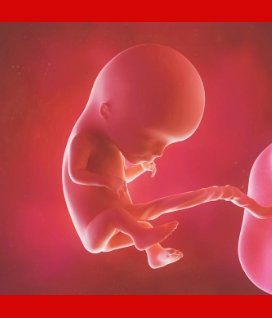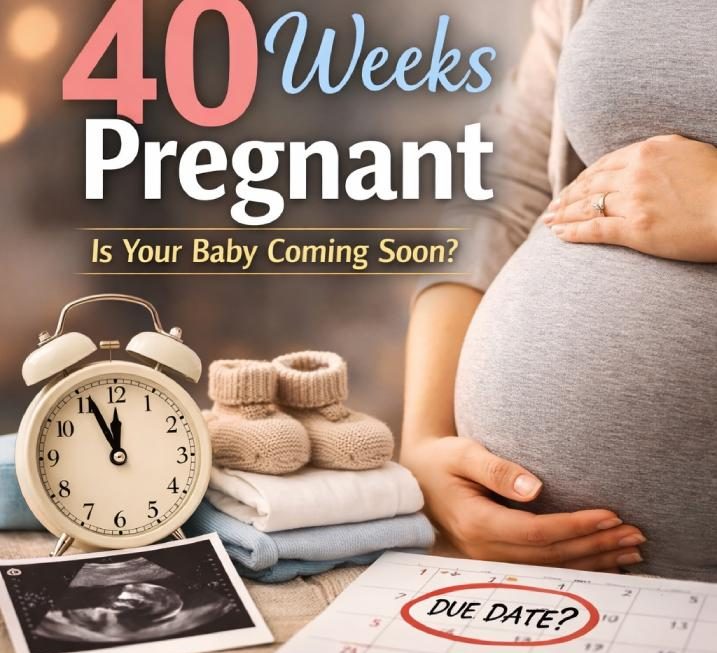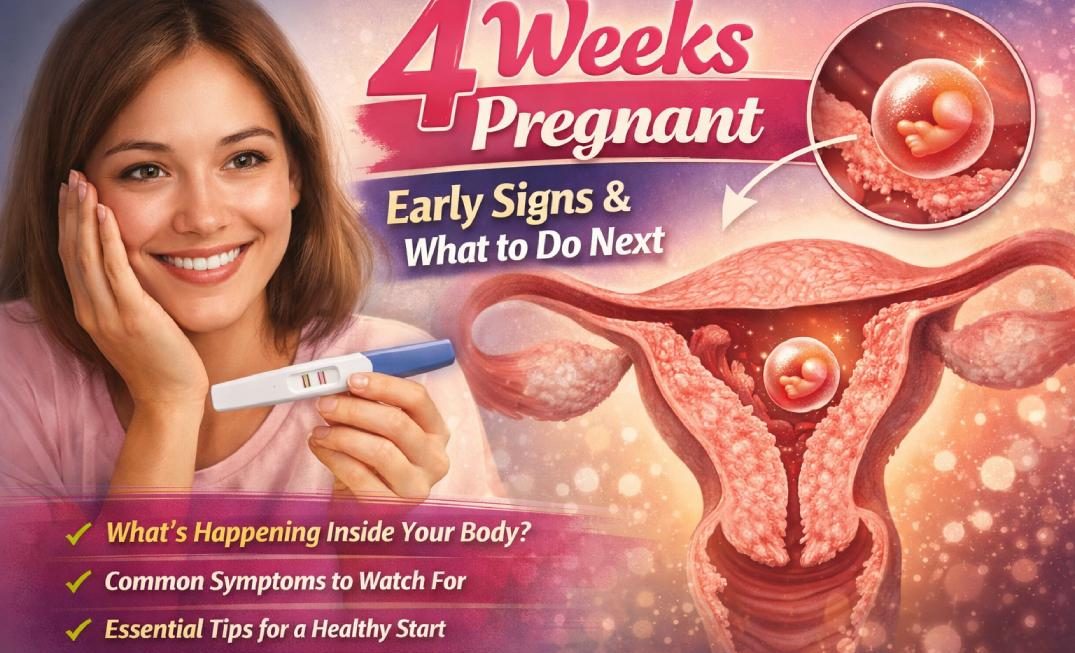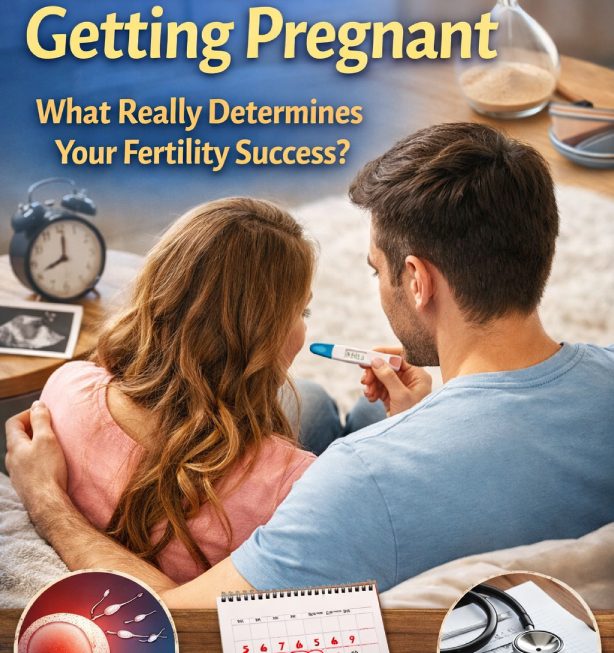Congratulations! You’ve reached the remarkable milestone of being 12 weeks pregnant. At this stage, you’re on the cusp of entering the second trimester, a time filled with exciting developments for both you and your growing baby. From the size of a plum to now roughly the size of a lime, your little one has come a long way since conception. Let’s dive into the intricacies of what this stage entails, from physical changes to fetal development and everything in between.
Pregnancy is a journey of transformation and growth, not just for the baby, but for the expectant mother as well. At 12 weeks pregnant, you’re at a pivotal point. This stage marks the end of the first trimester, a period often associated with significant changes, challenges, and milestones in your pregnancy journey
Understanding Your Body at 12 Weeks Pregnant
Physical Changes: As you embark on the journey of the second trimester, many women find relief from the early symptoms of pregnancy, such as nausea and fatigue. You may notice a newfound energy and a decrease in morning sickness, although every pregnancy is unique. Your uterus continues to expand, causing your belly to grow gradually. You might also experience changes in your skin, including a pregnancy glow and potential acne flare-ups due to hormonal fluctuations.
Emotional Rollercoaster
The hormonal fluctuations during pregnancy can sometimes lead to mood swings. It’s essential to practice self-care and seek support from loved ones if you’re feeling overwhelmed. Remember, it’s entirely normal to experience a range of emotions during this transformative time.
Maternal Health
Now more than ever, taking care of your health is paramount. Ensure you’re consuming a balanced diet rich in nutrients, staying hydrated, and engaging in regular exercise suitable for pregnant women. Don’t forget to attend your prenatal appointments, where your healthcare provider will monitor both your health and the baby’s development closely.
Fetal Development at 12 Weeks
Size and Appearance
At 12 weeks pregnant, your baby has undergone significant growth and development. Though still tiny, measuring around two inches in length, your little one is now much more recognizable as a miniature human being. Facial features are becoming more defined, with eyes moving closer together, and tiny ears forming on the sides of the head.
Organ Development
Internally, your baby’s organs are also rapidly developing. The kidneys are now producing urine, while the liver is starting to produce bile. By this stage, the intestines have begun to move from the umbilical cord into the abdomen. Additionally, the bones are becoming denser, and the bone marrow is starting to produce white blood cells, vital for immune function.
Movement and Reflexes
Although you may not feel it yet, your baby is already moving and squirming within the womb. Reflexes, such as sucking and swallowing, are developing as the nervous system continues to mature. These movements, while still imperceptible to you, are essential for your baby’s motor skill development.
Frequently Asked Questions (FAQs) About Being 12 Weeks Pregnant:
- What prenatal vitamins should I be taking at 12 weeks pregnant?
Prenatal vitamins play a crucial role in supporting both maternal and fetal health during pregnancy. Look for a prenatal supplement containing folic acid, iron, calcium, vitamin D, and omega-3 fatty acids.
- Is it safe to announce my pregnancy at 12 weeks?
Many expectant parents choose to announce their pregnancy around the 12-week mark, as the risk of miscarriage decreases significantly after this point. However, the decision to share the news is entirely personal and should be made based on your comfort level.
- Can I still exercise at 12 weeks pregnant?
Yes, maintaining a regular exercise routine is generally safe and beneficial during pregnancy, including at 12 weeks. However, it’s essential to consult with your healthcare provider before starting any new exercise regimen and to avoid high-impact activities or exercises that pose a risk of falls or abdominal trauma.
- Why do I still have morning sickness at 12 weeks pregnant?
While many women find relief from morning sickness by the end of the first trimester, some may continue to experience symptoms into the second trimester. Persistent nausea and vomiting should be discussed with your healthcare provider to rule out any underlying causes and explore potential treatment options.
- What should I be eating at 12 weeks pregnant?
A balanced diet consisting of a variety of fruits, vegetables, lean proteins, whole grains, and dairy products is crucial for supporting both maternal and fetal health. Aim to include foods rich in essential nutrients such as folate, iron, calcium, and protein in your meals. Avoiding processed foods and limiting caffeine and sugary snacks is also recommended.
By embracing this journey with knowledge and preparation, you can navigate the joys and challenges of being 12 weeks pregnant with confidence and excitement. Remember to prioritize self-care, stay connected with your healthcare provider, and cherish each moment of this extraordinary experience.



